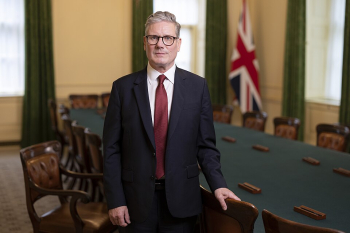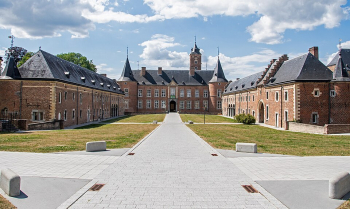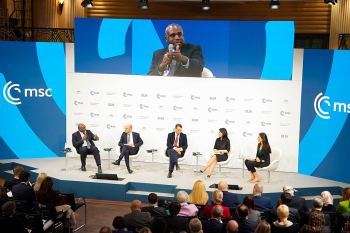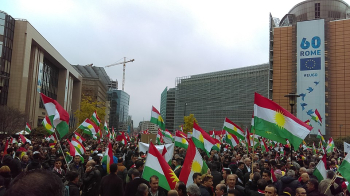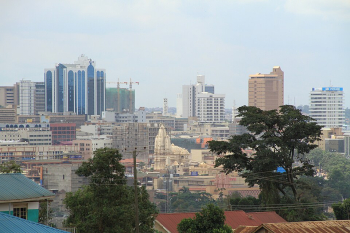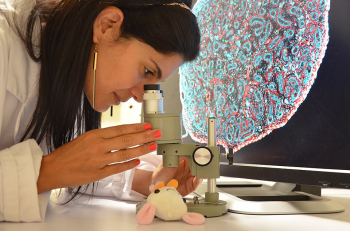
The commencement of Belgium's EU presidency on January 1st was signified by a visit from key representatives of the European Parliament to Prime Minister Alexander De Croo
and other ministers on Thursday. During a joint press conference with Parliament President Roberta Metsola, De Croo emphasized that this event marked the official inauguration of the Belgian EU presidency.
Throughout the first half of 2024, Belgian federal and regional ministers will oversee the Council of the European Union. To lay the groundwork for this presidency, the Conference of Presidents of the European Parliament visited Belgium on Thursday. Notable attendees included the President of the European Parliament, Roberta Metsola, the First Vice-President, and several leaders from various political groups.
Addressing the significance of this visit, De Croo remarked, "In a sense, this marks the unofficial kickoff." He highlighted the critical timing of the Belgian presidency, stressing the importance of unity within the Union to confront the numerous challenges ahead. With a more unstable and somewhat hostile geopolitical environment, pivotal decisions must be made to stabilize the continent in the weeks and months to come.
Priorities were outlined for Belgium's term in the presidency. De Croo underscored ongoing negotiations concerning the asylum and migration pact and the significance of the Green Deal, considering it as Europe's exemplary initiative. He emphasized the need to support European industry and formulate strategies to retain industry within Europe as crucial focal points.
Metsola expressed "cautious optimism" regarding the prospects of a comprehensive agreement on European asylum and migration policy, a longstanding debate. She anticipated a breakthrough in negotiations on either December 7th or, if not, by December 18th. Metsola stressed the urgency of achieving a political agreement between the European Parliament and the Council before Christmas, clearing the path for the Belgian presidency to take charge of the remaining aspects of the pact after New Year's. This maneuver would enable the European Parliament to vote in February or March, given the approaching European elections in June and the Parliament's final session in April.
Acknowledging Belgium's role as the last president of the current legislative term, De Croo emphasized the necessity of setting forth political priorities for the next five years. Collaboration with the Parliament was highlighted as crucial for successful endeavors.
Looking ahead to the debate on the enlargement of the European Union, Metsola stressed the need for candidate countries to undergo reforms while emphasizing the Union's need to adapt for larger memberships beyond the current 27 states.
The European Parliament recently endorsed a report advocating for revising the European treaties to instigate comprehensive Union reforms. Such negotiations, according to Metsola, must occur within a Convention. With the last Convention held twenty years ago and initiated during Belgium's EU presidency in 2001, Metsola expressed hope that the upcoming Belgian presidency, after 23 years, would once again spearhead such a significant endeavor. Photo by Werktuigendagen Oudenaarde, Wikimedia commons.



